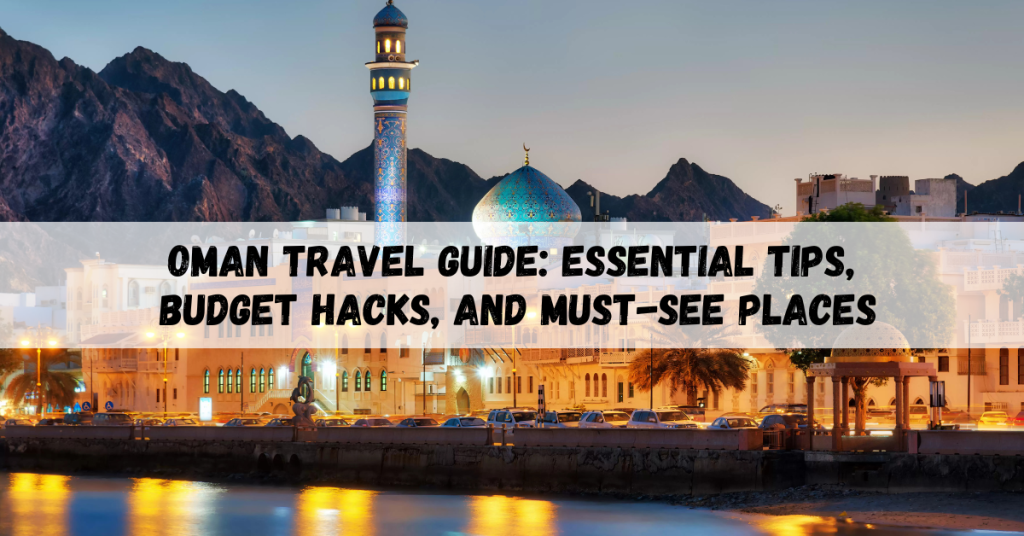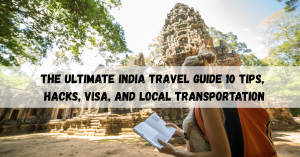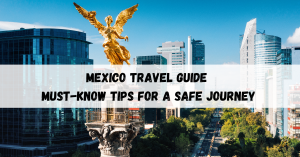Oman is a hidden gem in the Middle East, offering a unique blend of rich culture, stunning landscapes, and warm hospitality. From the bustling souks of Muscat to the golden dunes of Wahiba Sands, the country is a paradise for travelers. To ensure you have the best experience, here are the essential Oman travel guide for a smooth and unforgettable journey.
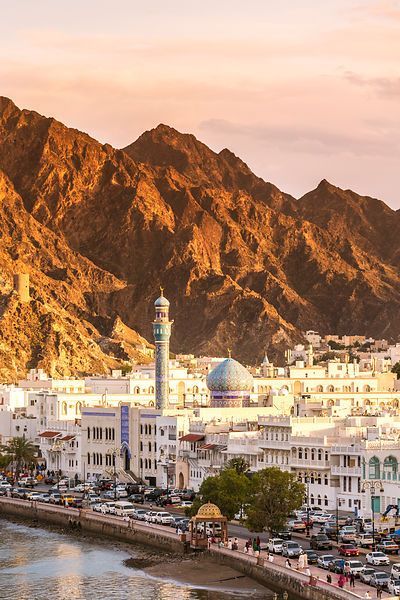
Best Time to Visit Oman
Oman has a desert climate, meaning summers are extremely hot, especially from June to September, when temperatures exceed 45°C (113°F). The best time to visit is from October to April, when the weather is cooler and perfect for outdoor activities. If you’re visiting in summer, head to Salalah, which experiences the Khareef monsoon, turning the landscape lush and green.
Visa and Entry Requirements
Most travelers need a visa to enter Oman, but the process is simple. You can apply for an eVisa through the official Royal Oman Police website before arrival. Some nationalities are eligible for a visa on arrival, but it’s always best to check the latest entry regulations before traveling.
Must-Have Items for Traveling in Oman
| Item | Why You Need It |
| Sunscreen & Hat | The sun is intense, even in winter. |
| Modest Clothing | Respect local customs, especially in rural areas. |
| Power Bank | Long road trips require extra battery backup. |
| Reusable Water Bottle | Stay hydrated and reduce plastic waste. |
| Cash (Omani Rials) | Some small shops and taxis don’t accept cards. |
Money-Saving Travel Hacks
- Use local transportation instead of taxis. Taxis in Oman can be expensive, but public buses and car rentals are more affordable options.
- Eat at local restaurants. Omani street food is delicious and much cheaper than dining at international hotels. Try Shuwa (slow-cooked lamb) and Mashuai (grilled kingfish) for an authentic experience.
Transportation Tips
Renting a car is the best way to explore Oman. Many top attractions, like Jebel Shams and Wahiba Sands, are only accessible by car. Make sure to rent a 4×4 for desert and mountain adventures.
Taxis don’t use meters in Oman. Always negotiate the fare before starting your trip or use ride-hailing apps like Otaxi to avoid overpaying.
Cultural Etiquette and Local Customs
Oman is a culturally rich and conservative country, and respecting local traditions is crucial for a smooth and respectful experience. Omani people are known for their hospitality, kindness, and generosity, and visitors are always welcomed warmly. However, there are a few important customs to keep in mind:
Dress Modestly
Both men and women should wear modest clothing, especially in public areas, religious sites, and traditional markets. Women are not required to wear a hijab, but covering shoulders and knees is advised. In tourist spots and hotels, dress codes are more relaxed, but it’s always best to be mindful of local norms.
Greeting and Social Interactions
Omanis greet each other with a handshake and warm words, but for women, it’s best to wait and see if they extend their hand first. A smile and a respectful nod are always appreciated. Using “As-salamu alaykum” (peace be upon you) as a greeting is a great way to show cultural appreciation.
Photography Etiquette
Taking photos of people, especially women, government buildings, and military areas, without permission is considered impolite and sometimes even illegal. If you want to take a photo of a local, always ask politely before doing so.
Public Displays of Affection
Holding hands in public is acceptable for married couples, but excessive displays of affection, such as kissing or hugging in public, should be avoided. Oman is a family-oriented society, and maintaining public decorum is highly valued.
By respecting Omani traditions and customs, visitors can enjoy a friendly and welcoming atmosphere while experiencing the country’s deep-rooted culture.
Best Places to Stay in Oman
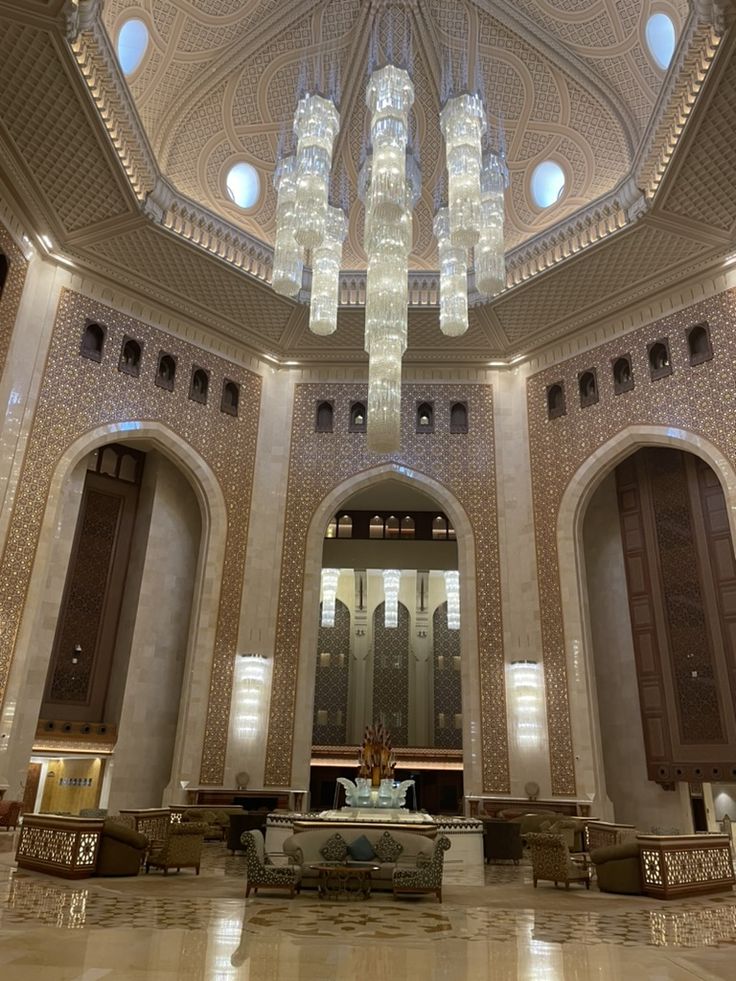
Oman offers a range of accommodation options:
- Luxury travelers: Stay at Al Bustan Palace or The Chedi Muscat for a lavish experience.
- Budget travelers: Opt for hostels or Airbnb apartments in Muscat and Nizwa.
- Adventure seekers: Spend a night at a desert camp in Wahiba Sands or an eco-lodge in the mountains.
Food and Dining Tips

Omani cuisine is rich and flavorful. Don’t leave without trying Majboos (spiced rice with meat) and Halwa (a sweet dessert with nuts and saffron).
Coffee culture is huge in Oman. Omani Kahwa (cardamom coffee) is often served with dates a must-try experience.
Safety Tips for Tourists
| Tip | Why It’s Important |
| Avoid driving at night | Some roads lack proper lighting. |
| Carry a copy of your passport | Helps in case of emergencies. |
| Stay hydrated | The desert heat can cause dehydration. |
| Respect local laws | Oman has strict rules regarding public behavior. |
Exploring Muscat: The Capital City
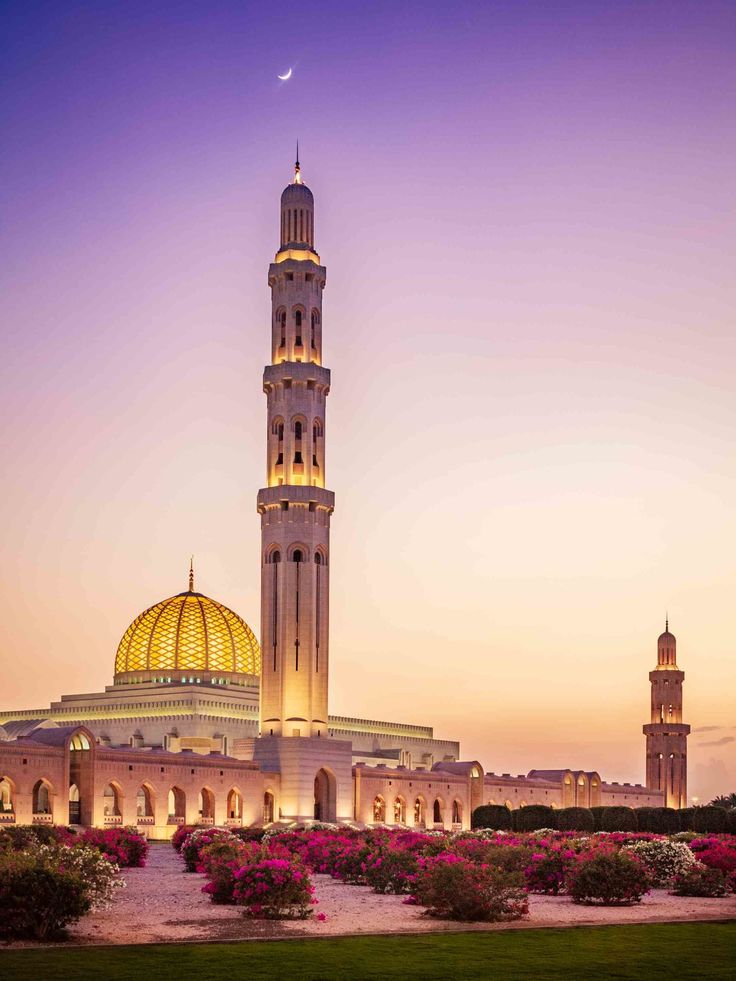
Muscat is a blend of history and modernity. Visit the Sultan Qaboos Grand Mosque, explore the Mutrah Souq, and enjoy the sunset at Al Mouj Marina. Culture lovers will appreciate the Royal Opera House Muscat, a stunning architectural masterpiece.
Adventure Activities in Oman
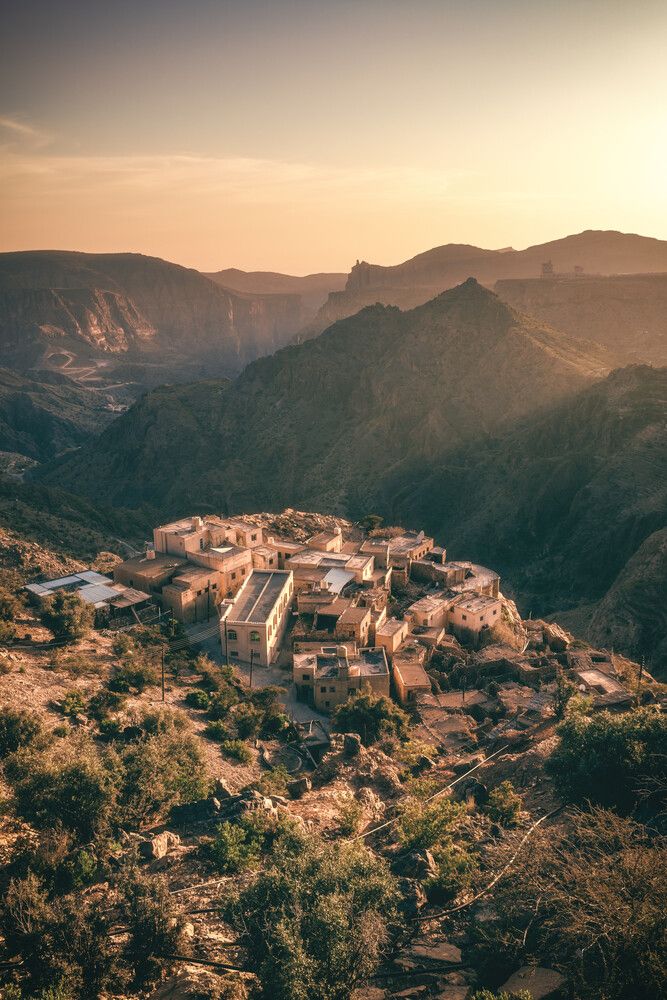
- Dune Bashing in Wahiba Sands: Experience the thrill of off-roading across towering dunes in a 4×4 vehicle, with breathtaking desert sunset views.
- Snorkeling at the Daymaniyat Islands: Explore vibrant coral reefs, sea turtles, and exotic marine life in Oman’s best snorkeling and diving spot.
- Hiking Through Wadi Shab: Trek through rocky canyons, turquoise pools, and a hidden waterfall, ending with a swim in a secluded cave.
- Scenic Road Trips to Jebel Akhdar: Drive through rugged mountain landscapes, terraced farms, and cool high-altitude villages, requiring a 4×4 vehicle.
Shopping in Oman: What to Buy?
-
Frankincense:

Oman’s signature aromatic resin, best sourced from the Dhofar region for its superior quality.
-
Omani Silver Jewelry:
Beautifully crafted bracelets, khanjars (daggers), and necklaces, available in trusted souks.
-
Handwoven Rugs and Textiles:
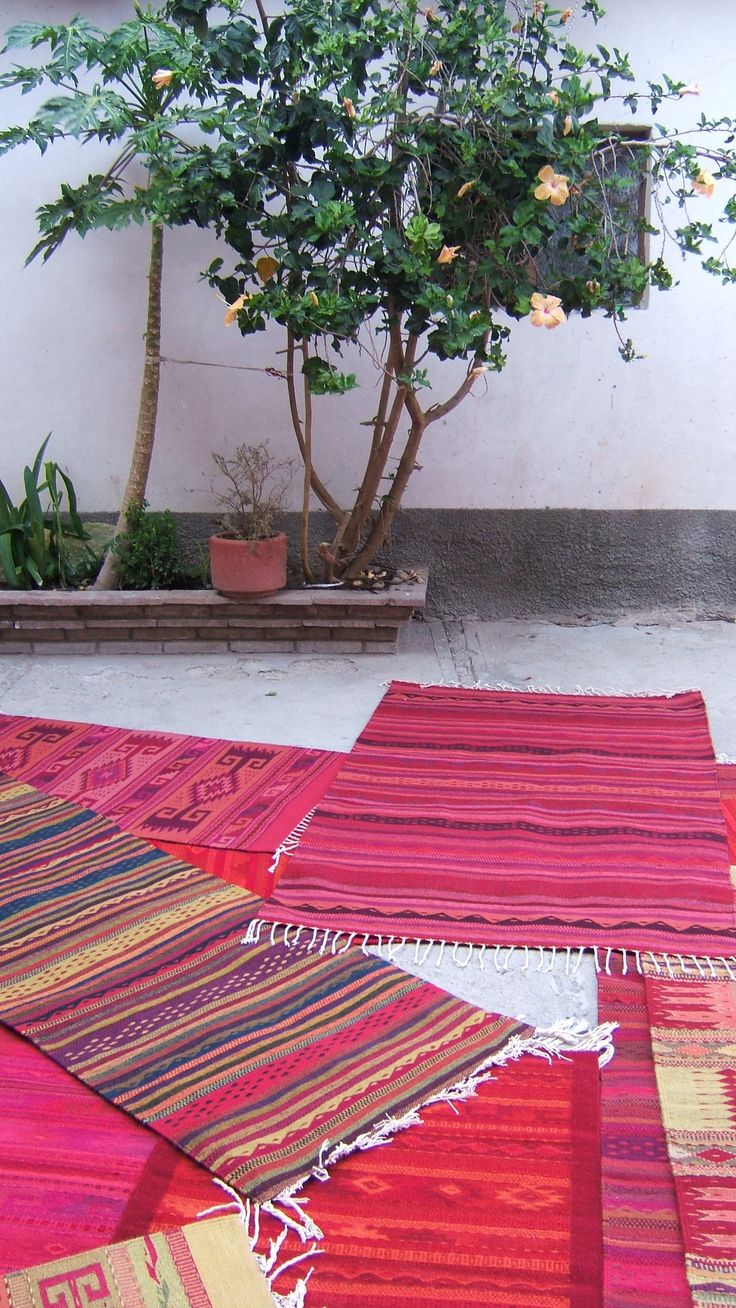
Exquisite traditional rugs, scarves, and shawls, showcasing Omani craftsmanship.
-
Dallah Coffee Pots:

Iconic brass or silver coffee pots, symbolizing Omani hospitality and perfect for souvenirs.
For the best shopping experience, visit Mutrah Souq in Muscat, where you’ll find authentic crafts, spices, and souvenirs.
Oman is a land of endless adventures, rich traditions, and breathtaking landscapes. Whether you’re exploring ancient forts, diving into crystal-clear waters, or sipping coffee with locals, this country will leave you mesmerized. Follow these tips and hacks to make your trip smooth, enjoyable, and unforgettable!
Frequently Asked Questions (FAQs)
What’s the best way to get around Oman?
Renting a car is the most convenient way to explore, as public transport is limited.
Is Oman expensive for travelers?
Oman can be expensive, but budget travelers can save by using public transport and eating at local restaurants.
Can I visit Oman during summer?
Yes, but expect extreme heat. The best time to visit is October to April.
Do I need a visa for Oman?
Most travelers need a eVisa, which can be applied for online before arrival.
Is Oman safe for solo travelers?
Absolutely! Oman is one of the safest destinations in the Middle East.
